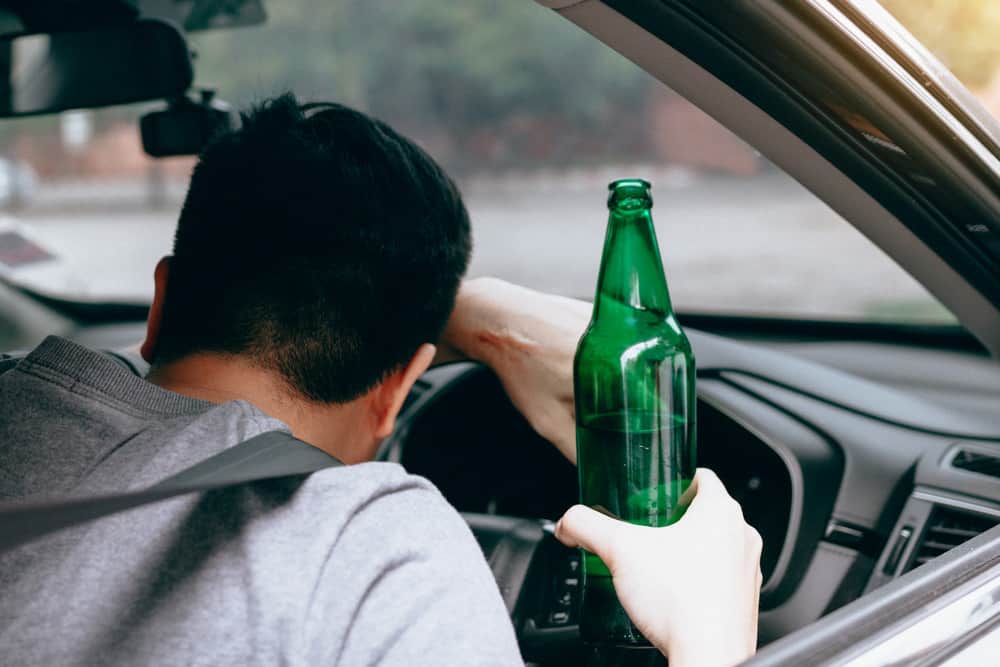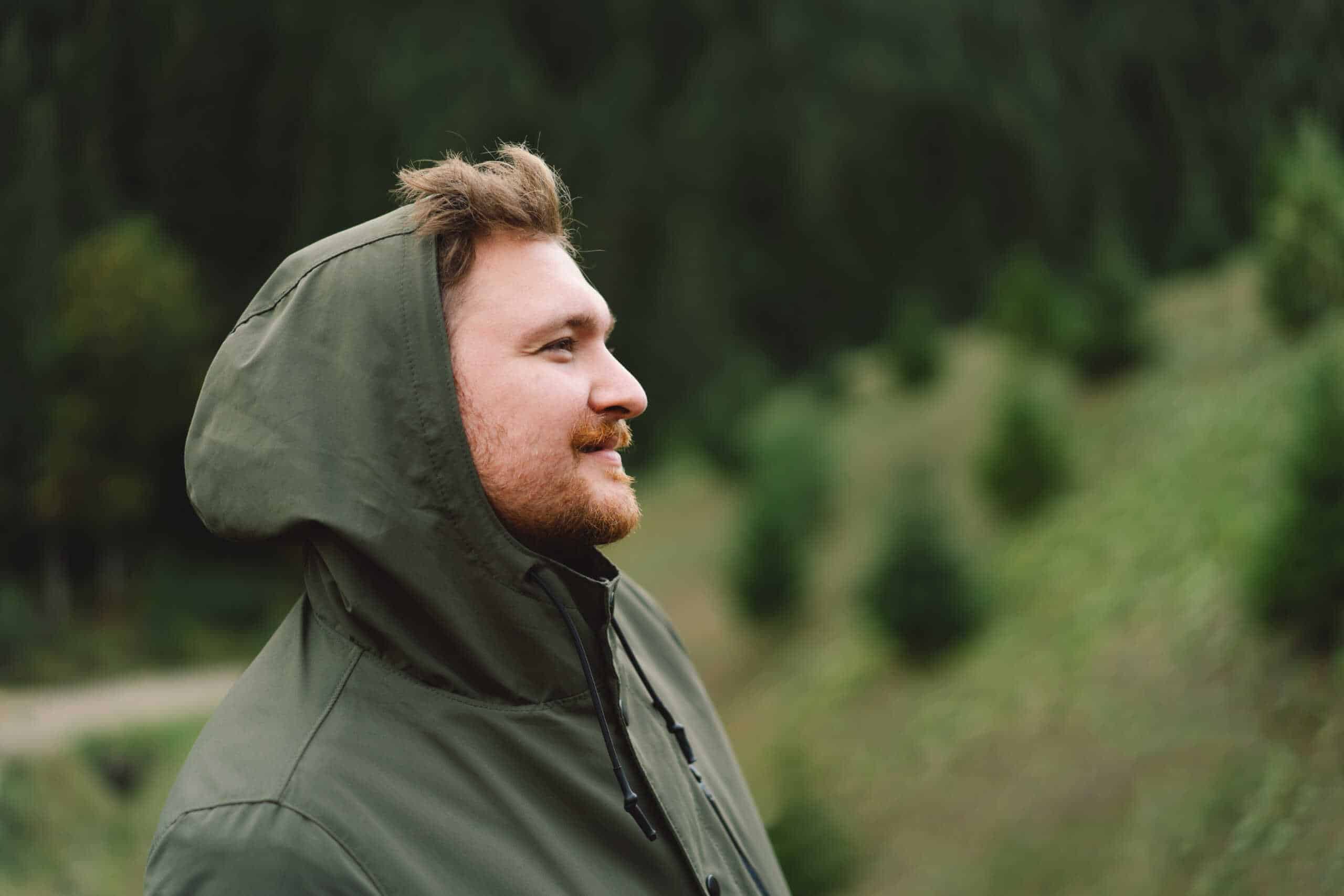What causes alcoholism? There is no straightforward answer to this age-old question. While certain factors can increase your chances of becoming an alcoholic, every individual experience is different. The majority of American adults drink on occasion and are able to keep their alcohol consumption at a normal and non-concerning level. They might have a glass of wine with dinner, enjoy a few beers while watching Sunday football, or try the nightly cocktail special at their favorite restaurant. Even moderate drinking is usually not a cause for concern. However, when alcohol consumption starts to get out of hand and when drinking becomes more of a compulsion than a pastime, an alcohol use disorder might be developing.
Alcoholism is certainly not uncommon. Because heavy drinking is so prevalent and widely accepted in many social circles, a fair amount of people who are suffering from a diagnosable alcohol use disorder fail to realize or acknowledge that drinking has become a problem. According to the National Institute on Alcohol Abuse and Alcoholism, 14.1 million adults over the age of 18 suffered from an alcohol use disorder in 2019. People tend to develop alcohol dependence over time — sometimes it develops rather quickly, other times it develops over the course of years. The good news is that no matter how severe an alcohol use disorder has become, recovery is always possible. At Guardian Recovery Network we have developed a client-centered and effective alcohol addiction recovery program. Our program begins with a short stay in medical detox, where the client undergoes a safe, pain-free alcohol withdrawal while preparing to transition into the next appropriate level of care. If you are interested in learning more about the alcohol addiction recovery services we provide, or if you are ready to begin your personal journey of healing, contact us today.
Alcoholism: When Does It Start?
When does alcoholism start? Alcoholism can develop regardless of how long you have been drinking, how old you are, and what your personal history with drinking looks like. Some people begin drinking heavily during their formative years, and develop a physical dependence on alcohol before they turn 16. Other people control and enjoy their drinking for decades, and start drinking more heavily later on in life, eventually developing an alcohol use disorder in their 60s or 70s.
A more important question might be — how does alcoholism start? When you consume alcohol your brain releases dopamine, a neurochemical that leads to feelings of pleasure. When the brain is repeatedly exposed to alcohol it begins struggling to produce dopamine on its own, and eventually you start to crave alcohol. Over time you develop a physical tolerance, meaning you have to consume more alcohol in order to experience the desired effects. You also experience withdrawal symptoms when you stop drinking and continue drinking to keep these unpleasant symptoms at bay, and thus the vicious cycle begins.
How Alcoholism Progresses
Alcoholism does not develop overnight. There are five distinct stages of alcoholism. It is important to note that alcohol addiction is a progressive medical condition, and the earlier it is caught and treated the higher recovery success rates will be. It is never “too soon” to seek help for an alcohol use disorder. To learn more about what steps to take once you have identified an alcohol use disorder, contact us today.
We Are Here For You
Let Us Help You Heal
Our Alcohol detoxification experience is second to none.
Learn how we can help by speaking with one of our Treatment Advisors today.
Stage One — Occasional Alcohol Misuse
During the initial stage of alcoholism your drinking has not yet escalated and you are still drinking in a way that most people would consider “normal.” Maybe you are starting to experiment with heavier drinking, but you are still drinking in a social setting and your alcohol consumption is not significantly impacting other areas of your life. You might binge drink on occasion and spend several mornings a month nursing a particularly nasty hangover. Binge drinking is defined as:
- For men, consuming five or more alcoholic beverages within a two hour time frame.
- For women, consuming four or more alcoholic beverages within a two hour time frame.
During the initial stage of the development of alcoholism, a person can likely still step away from alcohol entirely if a good enough reason presents itself.
Stage Two — Increased Alcohol Consumption
At this point in the process drinking becomes more frequent. You might start looking for excuses to drink, organizing alcohol-centric events with friends, celebrating things that don’t necessarily need to be celebrated, and drinking out of sheer boredom. “Well, there’s nothing else to do.”
There is difference between escalating alcohol consumption and moderate drinking. A moderate drinker might drink nearly every night, but stop after one glass of wine with dinner or one beer at happy hour with coworkers. Someone who is slowly ramping up their alcohol consumption is usually more emotionally attached to drinking — they associate drinking with feeling good, and they are likely beginning to develop a tolerance.
Stage 3 — Problem Drinking
If you continue drinking heavily with no restrictions surrounding your alcohol consumption, there is a good chance you will escalate into problem drinking. Those who engage in problem drinking begin experiencing significant personal problems as a direct result of their alcohol use. The impacts of their habit become hard to ignore.
The problems you personally experience will vary, but they might include a general decline in your mood, issues in interpersonal relationships, and problems at work or at school. You might even experience legal or financial issues directly linked to drinking; maybe you start driving while under the influence, or you have a difficult time maintaining a paying job because you consistently show up hangover — or intoxicated. This is a good time to seek professional help.
Stage 4 — Physical Alcohol Dependence
The terms “addiction” and “dependence” are often used interchangeably, but there is an important distinction between the two. When you become physically dependent on alcohol, it means your body has a difficult time functioning when alcohol is not present in your system. When you become addicted to alcohol, alcohol use becomes compulsive — you can no longer control when and how much you drink.
When you become dependent on alcohol you have developed a physical tolerance, meaning you need to drink more in order to feel drunk. You also likely experience withdrawal symptoms when you stop drinking. These symptoms include uncontrollable shaking, nausea and vomiting, a racing heart, high blood pressure, anxiety, and restlessness. At this point in the process some degree of treatment has become necessary.
Stage 5 — End Stage Alcoholism
At this point you are physically and psychologically dependent on alcohol and you will not be able to quit without professional help. You can’t go very long without drinking; when you do, you start to experience nasty withdrawal symptoms that disrupt your ability to function. Drinking is no longer fun — it is compulsive and uncontrollable.
Coming to terms with an alcohol use disorder can be extremely difficult in and of itself. Reaching out for help, the next step after acknowledging that drinking has become a problem, might seem like an impossible feat. Remember that in reaching out you are simply exploring your options. Once you make the decision to contact us you will be in touch with an experienced and compassionate Treatment Advisor, who will ask you a series of questions geared towards helping you determine which level of care is right for you. We offer a free, no obligation health insurance benefit check to see how much of your treatment experience is covered by your current provider. If you decide to begin your personal journey of recovery, we will help organize transportation to one of our facilities. We look forward to speaking with you soon and helping you reclaim your life.

Reviewed for accuracy by:
Amanda Hilzer M.Ed, CAADC, IADAC, ICCS, LCADC, CCS
Amanda graduated from Lehigh University with both an undergraduate degree in Psychology and a Master’s of Education degree in Counseling Psychology and has worked in the field of substance use disorder treatment and mental health treatment as a counselor and as a clinical manager for over 14 years.


































